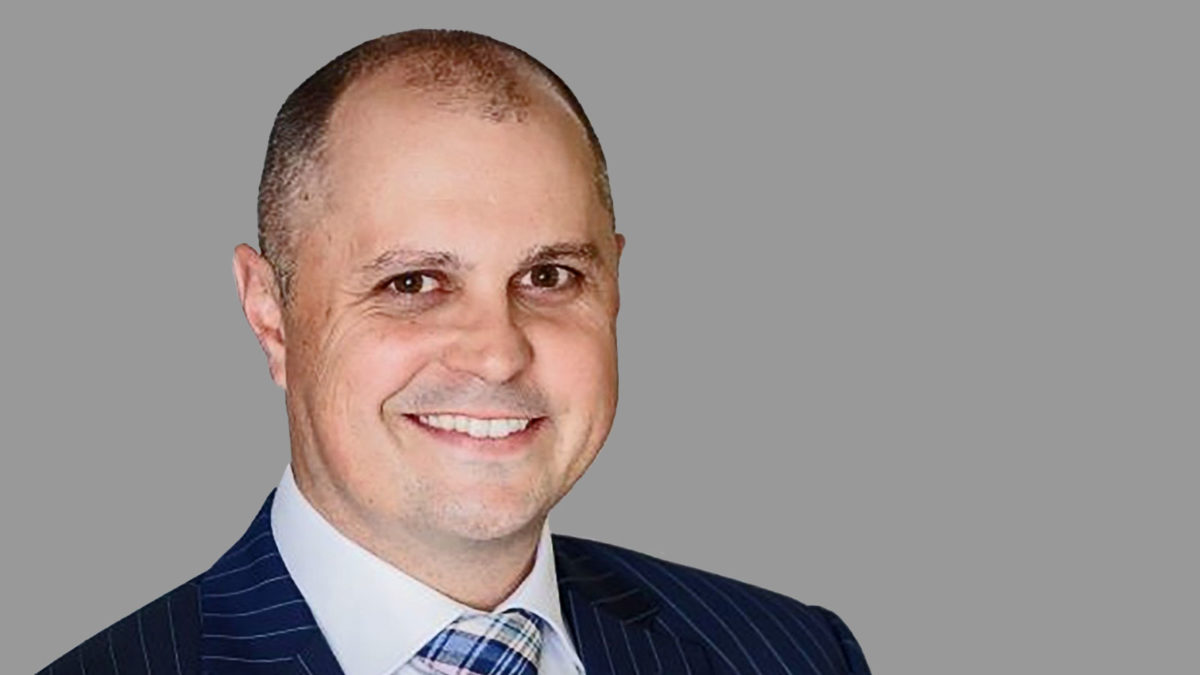Investors push for returns clarity on climate
Institutional investors are pushing companies for disclosures that clearly detail how climate-related risks impact the bottom line, according to a new global survey.
The sixth annual Institutional Investor Survey carried out by specialist consultancy firm Morrow Sodali confirmed environmental, social and governance (ESG) factors are now firmly entrenched across industry practices.
Almost 100 per cent of the 42 respondents – collectively responsible for almost US$30 trillion – agreed ESG was more important in both corporate engagement and investment decisions during 2020 compared to the previous year.
The study found investors are also adopting more sophisticated ESG strategies with engagement on multiple issues now the norm.
“Climate risk remains the number one engagement priority closely followed by human capital management, remuneration and board composition,” the report says. “COVID-19 was also a top engagement priority as were cybersecurity and supply chain management.”
But in particular, institutional investors now require more detailed information on the relationship between specific company climate risk reporting and financial performance.
“Investors expect to see links between climate change and financial risks and opportunities identified, time horizons of the expected impact of climate change on corporate strategies explained, and metrics, targets and achievements clearly disclosed,” the report says.
Given the rising demand for transparent corporate data on the factor, the survey found more investors expect companies to apply the Taskforce on Climate-related Financial Disclosures (TCFD) standards.
“With climate risk so clearly at the forefront of investors’ minds, it comes as no surprise that TCFD far outpaced other reporting frameworks as the first choice of 75% of respondents,” the Morrow Sodali report says.
“…While the TCFD recommendations remain a voluntary disclosure framework, New Zealand and the United Kingdom are two countries already preparing for mandatory climate risk disclosures for financial institutions as early as 2023.”
“The growing importance of climate risk has now clearly translated into investor willingness to hold companies and boards accountable through the filing and co-filing of ESG-related shareholder resolutions,” the survey says. “This notable shift in attitude marks a turning point in the relationship between companies and shareholders where the failure of polite dialogue to drive change will directly impact investment and voting behaviours.”
While climate remains the number one issue for institutional investors, the survey found respondents are also increasingly likely to include ESG in remuneration voting decisions and other corporate resolutions.
“… it is noteworthy that for our 2021 survey, all investors agree that ESG performance metrics should be included in both long and short-term executive incentive plans,” the report says.
However, only 6 per cent of those surveyed would vote in favour of ‘activist’ corporate resolutions as a preferred way of influencing company behaviour.
About two-thirds of institutional investors, though, would consider backing activist campaigns if companies fail to respond to earlier strongly supported shareholder ESG resolutions.
Almost 95 per cent of respondents cited board engagement as the best way to drive corporate change, the Morrow Sodali study found.
“Notably, 23% of surveyed investors strongly agree that collaboration with other shareholders is an effective way to influence boards, which is almost double compared to the responses from our 2018 survey, where only 12% of surveyed investors supported investor collaboration,” the report says.
Headed by Alvise Recchi in the UK, Morrow Sodali offers “strategic advice” and shareholder services to companies in several jurisdictions including Europe, the US and Asia-Pacific.
The firm has offices in Sydney and Melbourne with Christian Sealey chief for the APAC region.











